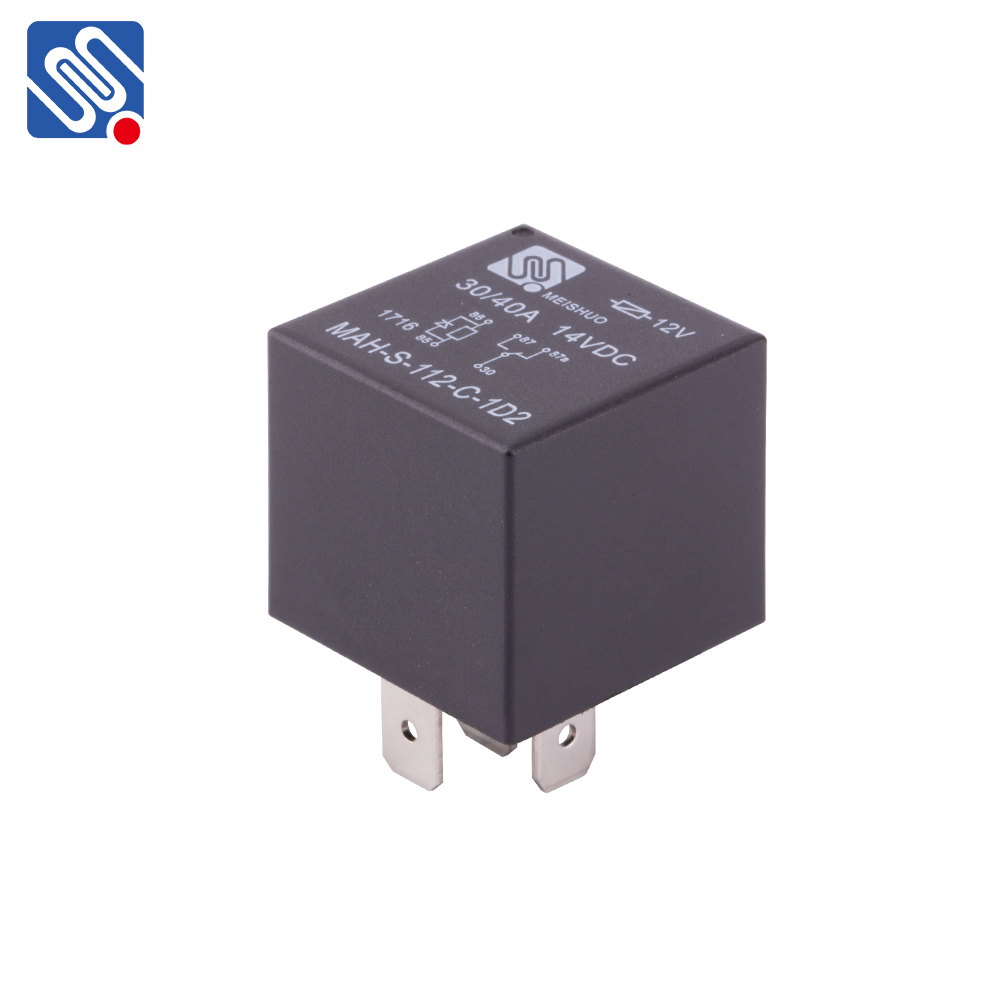exploring the relay characteristics with a focus on meishuo
Release time:2025-05-08 04:47:11
Relays are essential components in modern electrical systems, acting as switches to control the flow of electricity in circuits. The relay is activated by an electrical signal, and once triggered, it enables or disables the flow of current, making it a crucial element in automation and control systems. Among the various Relay manufacturers, Meishuo has distinguished itself with a range of relays that demonstrate exceptional performance, reliability, and durability. In this article, we explore the general characteristics of relays and dive into the unique features that make Meishuo relays stand out in the industry.

The Basic Function of a Relay
At its core, a relay is an electrically operated switch. It consists of an electromagnet, a set of contacts, and a spring. When current passes through the electromagnet, it generates a magnetic field that pulls the contacts together or pushes them apart, depending on the relay type. This allows relays to control a high-power circuit with a low-power signal, making them ideal for use in systems where precise control is needed without direct interaction with high-voltage components.
Key Characteristics of Relays
Coil Voltage and Power Consumption: The coil voltage is one of the critical parameters that define how a relay operates. Relays can be designed for a wide range of voltages, and their power consumption is closely related to the efficiency of the system. In general, relays with lower power consumption are more desirable, especially in battery-operated or energy-efficient systems.


